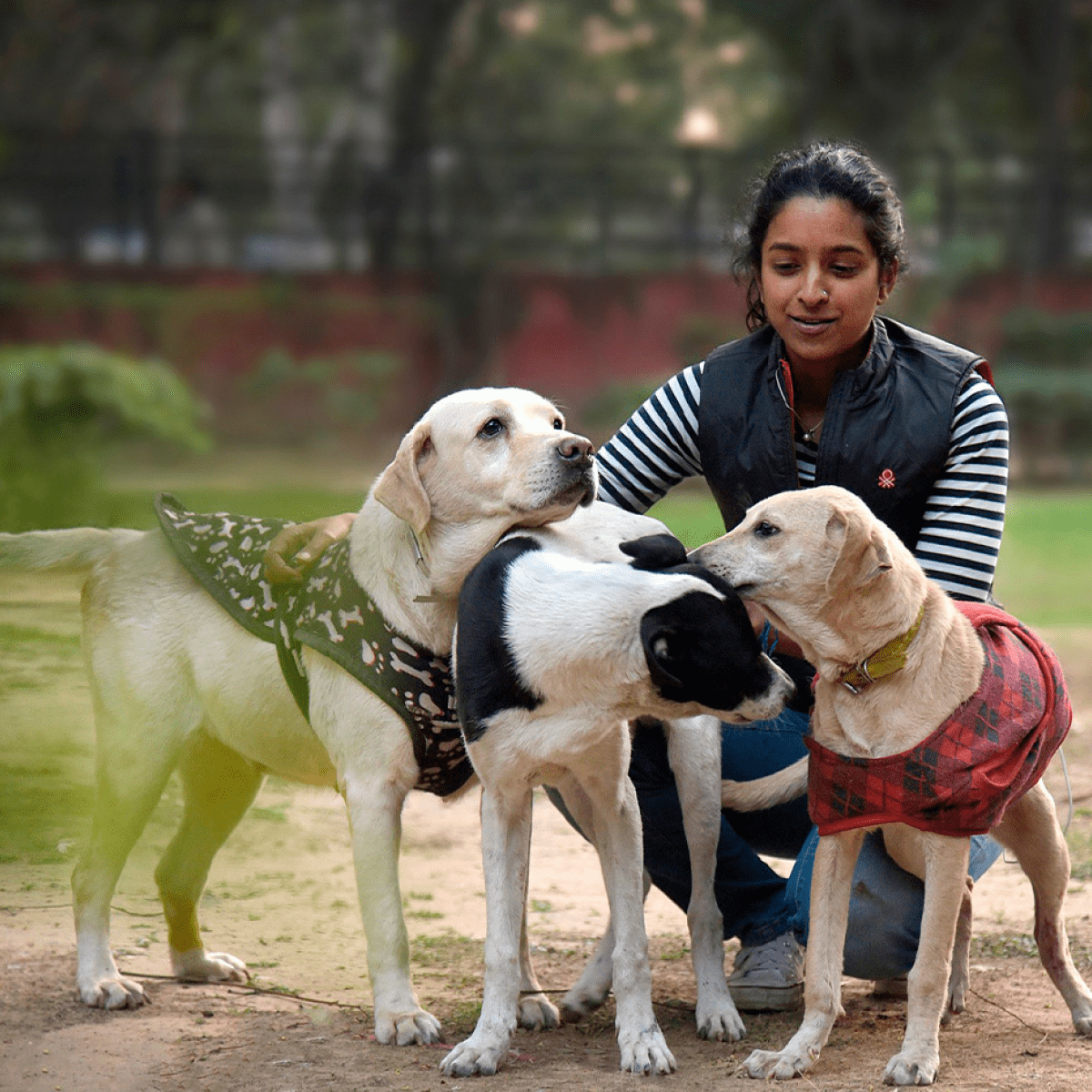Rights of Community Animals and Caregivers That Should Not Be Missed

Our community animals never let us feel lonely when we go out from the comfort of our homes. We have co-existed with them, especially dogs, for over 20,000 years. They are intelligent animals who protect our neighbourhood, chase away rodents and monkeys, and give us loyal companionship for life. Hence, it becomes our duty to be responsible and humane towards them to protect them from all harm.
Due to an increase in the current dog-human conflict, the Constitution of India has included quite a few rights because our community animals deserve to live a life without suffering. Therefore, we should not blindly follow the negative news surrounding street animals, especially the baseless complaints that come from people who are against the idea of coexisting with them. Mass culling, in the hope of reducing bite incidents, has never helped. Usually, the good-natured, non-aggressive ones become the victim of it, and aggressive ones manage to escape. And, the ones who become aggressive are only when they perceive a threat to themselves or their litter.
To address this, the Constitution of India has an exhaustive list of laws in favour of community animals, especially dogs and cats, as well as community caregivers. They came into prominence to keep our streeties and their caregivers safe from people who extend intolerance towards them. As humans, we never forget our seven fundamental rights. Similarly, we shouldn’t forget community rights, too, some of which are as follows:
Rights of Community Animals
-
All acts of cruelty (beating, kicking, killing, assaulting, poisoning, maiming, or causing unnecessary pain to any animal) provide for punishment in Section 428 and 429 of the Indian Penal Code (IPC).
Anyone found guilty of such acts can face rigorous imprisonment for up to 5 years, or a fine, or both. - It is illegal for anyone to capture, incite, or bait street animals with the intent of causing harm, under Section 9, Wildlife Protection Act, 1972. Even attempting so is a crime in itself.
- It is illegal to relocate stray animals under Section 11(1) (i) and Section 11(1) (j), Prevention of Cruelty to Animals Act, 1960.
- No sterilised dogs can be relocated from their area under the Government of India, Animal Birth Control Rules 2001. As per five different High Court Orders, sterilised dogs have to remain in their original areas. In case a dog is not sterilised, society can just ask an animal welfare organization to sterilise and vaccinate the dog. Street dogs can be sterilised only when they have attained the age of at least 4 months, and not before that.
- Relocation of street animals cannot be permitted because streets are their home, specifically mentioned under various orders of the Supreme Court of India. Even the dogs who come back from sterilisation procedures must be dropped back to the same location.

Rights of Community Caregivers
Along with community animals in India, citizens also have certain rights as outlined by the Supreme Court of India & Delhi High Court to avoid any conflict with the masses:
- Community animals have a right to food, water, and a safe environment to live in. Citizens have the right to provide all these to them.
- The Constitution of India, under 51 A (g), has allowed animal caregivers to feed or care for these animals from their resources and out of compassion.
- The RWAs cannot deny the feeding of dogs or the creation of feeding spots in those areas where these dogs are residing.
- According to Section 506 of the IPC, it is a crime to threaten, abuse, or harass neighbours who feed community animals.
Anyone found guilty of such criminal intimidation can face imprisonment for up to 2 years, or with a fine, or both.
By being aware and following these rights, let's together create an environment for our streeties, which is free from hunger and fear.
Did you know?
Dogs that are well-fed and taken care of are less likely to attack you. They look after our neighbourhoods, help in controlling rodents, and protect us. If you don’t cause any harm to them, most of them would want to be friends with you.

